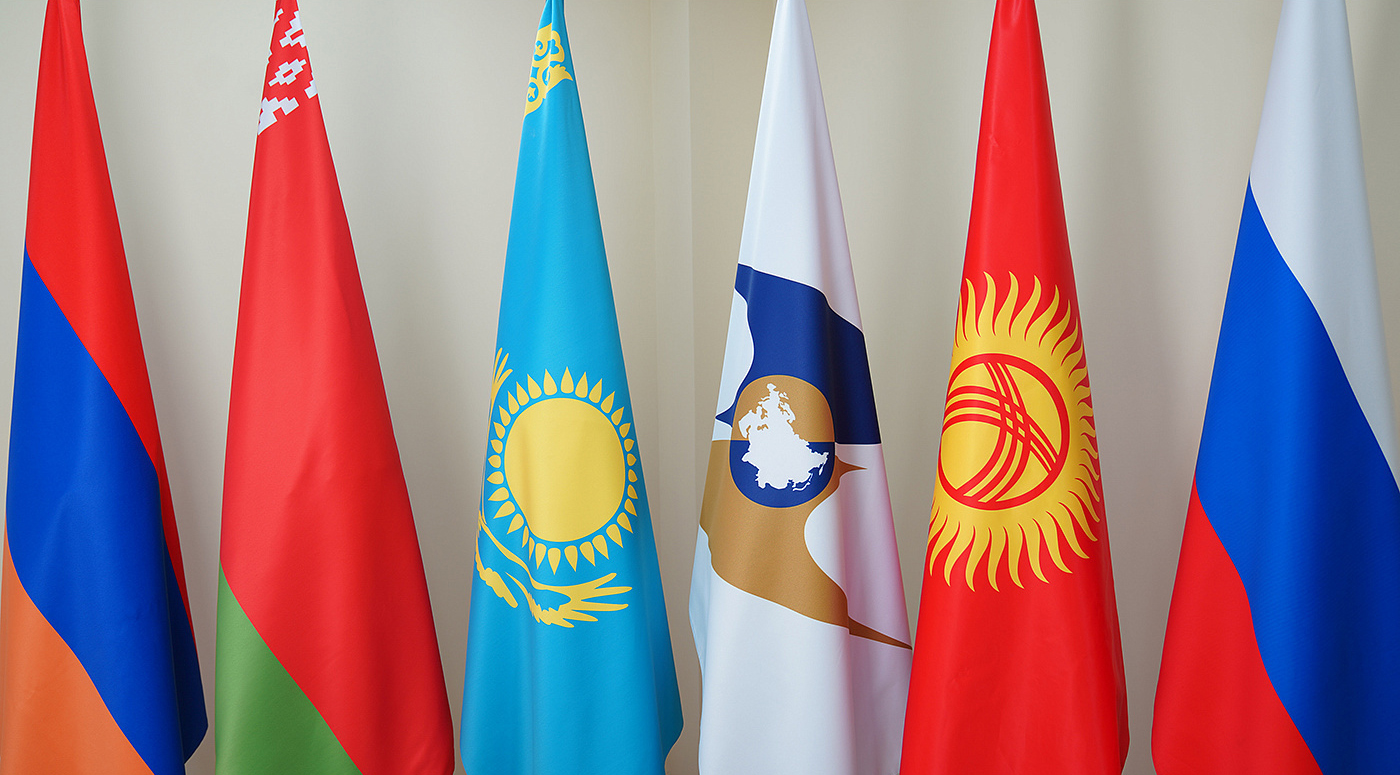EAEU Common Rules for Veterinary Medicines in Force
March 13 marked the start of a transition towards the Eurasian Economic Union’s universal norms and rules regarding veterinary medicinal products.
The Rules for regulating the circulation of veterinary medicinal products in the EAEU customs territory (the Rules) came into effect on March 13. Adopted by the EEC Council’s Decision No.1 of January 21, 2022, the document covers, among others, the registration (market authorization), confirmation of registration and measures aimed at bringing registration dossiers in line with the Rules. It also describes the exchange of pharmacovigilance-related data, the management of GMP inspections, and the evaluation of efficacy and risk of veterinary medicinal products. Upon the entry into force of the Rules last Wednesday, the registration of products containing the substances from Annex No.4 (in Russian) was cancelled.
Under Decision No.1, an intricate set of transitional arrangements are put in place, with certain medicinal products subject to them until late 2032. By this time, the EAEU territory is expected to see the circulation of only veterinary medicines registered in accordance with uniform “Eurasian” requirements. Within the period, the member states will have streamlined the exchange of information linked to registration dossiers and introduced common procedures and standards.
Apart from this, the effective Rules provide for the possibility of submitting an application for the registration of a veterinary durgs in any EAEU nation, at the discretion of a manufacturer or its representative. Following the successful completion of the registration procedure, the applicant may choose whether to allow the free circulation of its product within Armenia, Belarus, Kazakhstan, Kyrgyzstan, and Russia or within some of these countries simultaneously. Along with the registration dossier, it is required to obtain a GMP certificate confirming that the manufacturing site complies with the EAEU GMP rules. To achieve this certification, an organization must undergo an auditing process. The EAEU GMP certificate is issued by those included in the roster of the Union’s pharmaceutical inspectors, with third-country manufacturers being evaluated jointly by the EAEU’s auditors. The EEC Council’s Decision No.101 of September 27, 2023 stipulates that veterinary pharmaceutical manufacturers based in the Union’s member states can rely on EAEU GMP certificates, issued by the relevant national authorities, or submit a request for a new inspection conducted by the national authorities. As of March 14, it was Russia and Belarus that had the functional GMP inspectorates. Both have so far issued 27 and 12 EAEU GMP certificates respectively.
According to the regulatory agencies, the EAEU is going through the preparatory phase. In Russia, a draft decree of the Government that would broaden the powers of the Federal Service for Veterinary and Phytosanitary Supervision (Rosselkhoznadzor) and facilitate the application of the Rules will be under consideration until March 20. In Belarus, the department responsible for the implementation of the Rules is regulated by Law No. 338-3 of January 3, 2024 which comes into force on July 7, 2024. In Armenia, the authorized body announced the final stage of the EEC Board’s temporary guidelines for information exchange between the EAEU competent authorities, as well as between such authorities and the Commission regulating the circulation of veterinary medicinal products. It also said that it had no intention to take part in GMP inspections within third countries till late 2024. In Kazakhstan, the amendments to the legal framework governing the formation of a national pharmaceutical inspectorate are currently under consideration in the Mäjilis, the lower chamber of the Parliament. As for Kyrgyzstan, draft amendments to the Law on Veterinary Medicine seeking to harmonize local legislation with the EAEU rules and regulations have passed their first reading in the Supreme Council.
We continue to monitor the transition towards the EAEU common rules regulating the circulation of veterinary medicinal products. As Simeon Zhavoronkov, executive director of AVPHARM, put it,
“The Rules represent a lengthy, dense document, whose adoption was somewhat bumpy. Having said that, its entry into force is a positive step, as it offers clear direction to international businesses. Although every EAEU member state has yet to re-calibrate their policies in response, I am sure that through joint efforts of all the participants we will be able to streamline the processes so that all customers across the Union will have renewed access to high-quality medicinal products. Our mission is to make sure that vets and pet owners have the freedom of choice and are spoilt for choice”.

Image by EEC press service